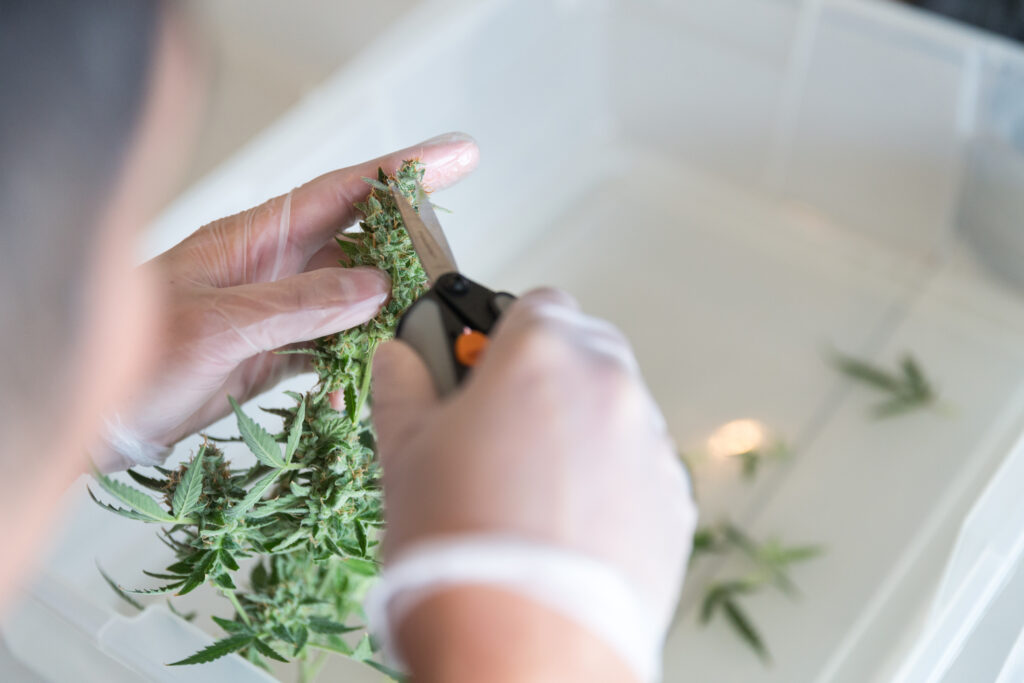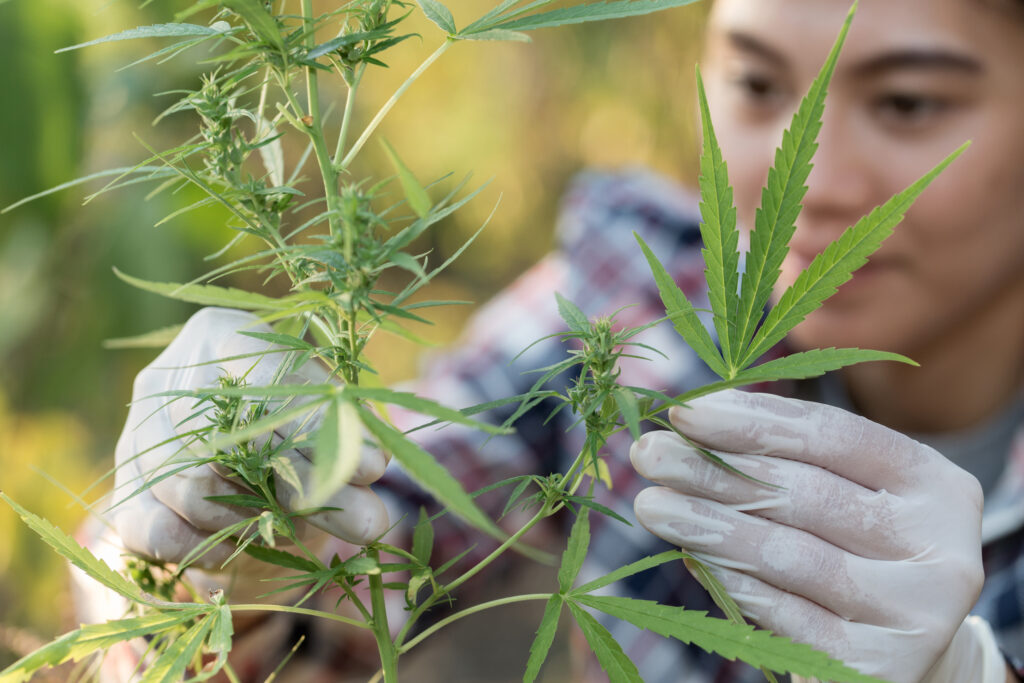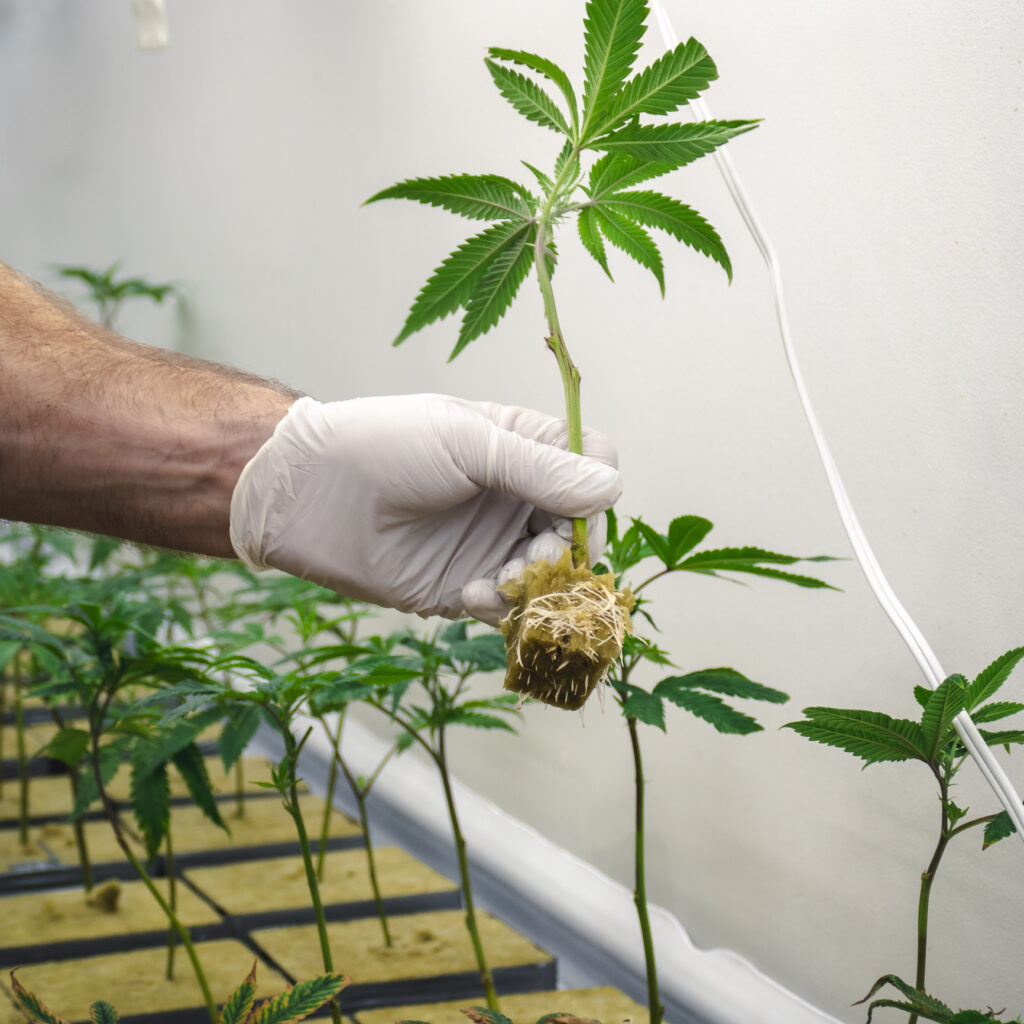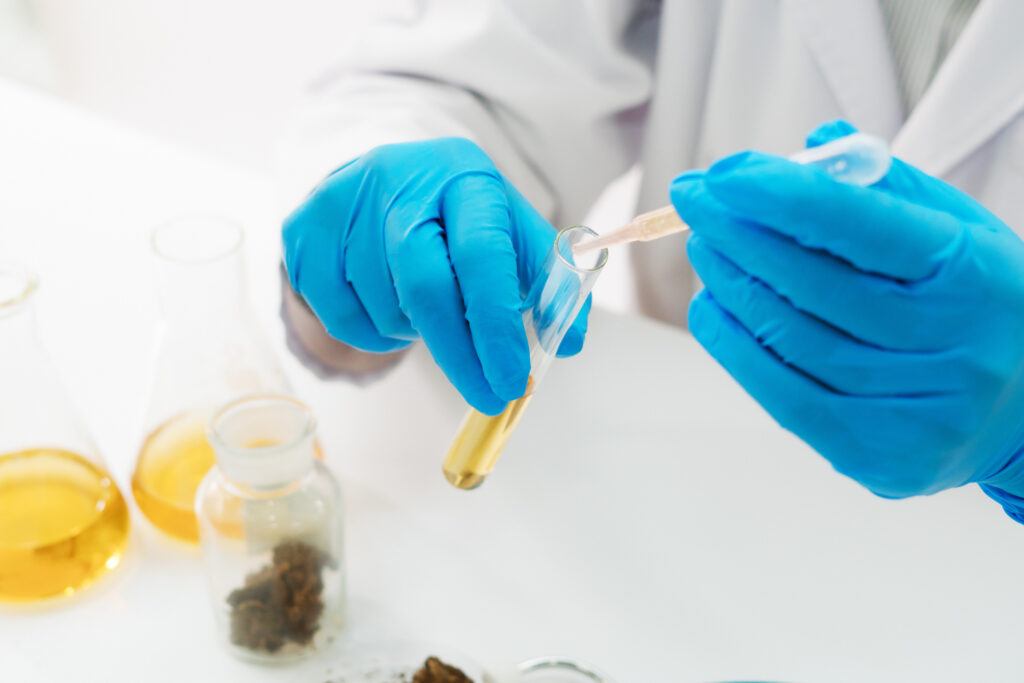
A cannabis plant contains more than 400 chemical compounds. When working in cannabis production, you’ll need to isolate the desirable compounds in order to reap your desired end result. The composition of a cannabis plant has a significant impact on the aroma and potency of its yield. With the growing demand for extracts and concentrates to be used in edible and pharmaceutical products, the cannabis industry relies on different processes to obtain ideal extracts. Fractionation is a method of separation that is used in the development of various cannabis products. For those pursuing a career in the cannabis industry today, read on for a closer look at what fractionation involves.
The Importance of Fractionation
When it comes to cannabis production, everything hinges upon the end product that a facility creates. With a high-quality end product, businesses can promote the quality and safety of their product to drive customer sales and increase revenues. Delivering a high-purity product requires professionals to invest in the appropriate equipment and methods for extraction. The process of fractionation involves purifying an extract and ridding it of unwanted by-products.

Fractionation in the cannabis industry in Canada helps to ensure the quality and integrity of a product
In the cannabis industry in Canada, this process is used in the extraction of compounds such as cannabinoids and terpenes. Examples of cannabinoids include THC and CBD, to which the medical benefits of cannabis are often attributed. Terpenes, on the other hand, are the compounds responsible for the aroma and flavour of a cannabis product – with each strain of cannabis having its own unique terpene profile. For that reason, fractionation is important in cannabis products for determining:
- Viscosity
- Clarity
- Potency
- Flavour
Supercritical CO2 Extraction Explained for Those in Cannabis Training
One of the main methods of fractionation used in the cannabis industry is supercritical CO2 extraction. This method involves using controlled temperature and pressure to create changes in CO2 with the goal of extracting plant material. At the same time, it maintains the levels of terpenes in the plant and protects the integrity of cannabinoids during the extraction process. Additionally, the process can remove the wax layer on cannabis plants, which often impacts the viscosity and chemical makeup of a cannabis extract.

Supercritical CO2 extraction protects the levels of cannabinoids in the plant
Supercritical CO2 extraction is a highly effective method of extracting cannabis oil for commercial use and can be used to create a variety of end products. Its many advantages include:
- A safer method of extraction that is non-toxic and non-flammable
- The ability to alter the solvation strength
- Less residue in the extraction process
- The ability to dissolve plant material like a liquid
Students in cannabis training will gain a comparative overview of the various cannabis fractionation techniques and their role in developing cannabis oil, capsules, and concentrates.

Extraction methods are used to produce cannabis oil, capsules, and other concentrated products
A Closer Look at Hydrocarbon Extraction
Hydrocarbon extraction involves combining a solvent such as butane with cannabis plant material. In the process, the hydrocarbon dissolves desirable compounds in the cannabis plant. The extracts produced by this process are seen in a variety of forms in the cannabis industry, including oil, edibles, capsules, and topicals.
Hydrocarbon extraction is a popular method for maintaining the unique makeup of a plant so that the combination of cannabinoids and terpenes remains true to the strain. At the same time, the process allows you to make use of the undesirable parts of the plant that might otherwise be wasted. For example, the loose leaves of a cannabis plant contain resin with high levels of cannabinoids. Hydrocarbon extraction allows you to extract these components for more efficient use of the cannabis plant.
Are you ready to start your training with cannabis industry courses?
Contact the Academy of Applied Pharmaceutical Sciences to learn more about our program.



